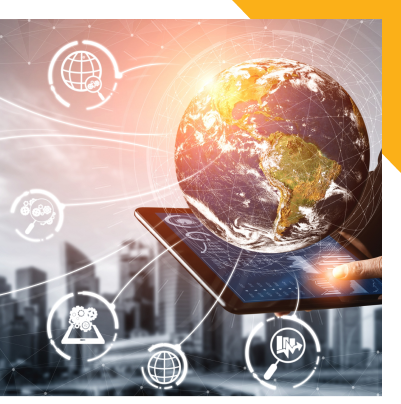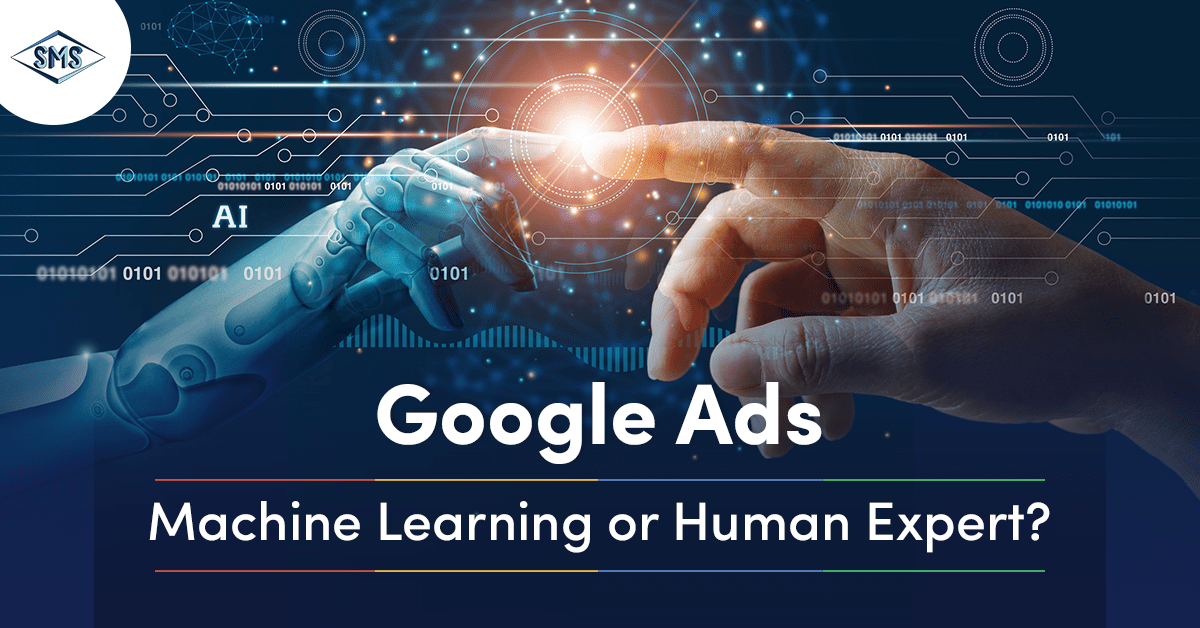Artificial Intelligence, or AI, is an umbrella term with Machine Learning, or ML, a specialization within that. Nobody can deny ML has been making progress over the last several years the inventory of algorithms grows longer every day. There are plenty of people throwing the term AI around, the reality is nobody is even close to reaching true AI in advertising. There are many definitions of AI and many of them cross over to Expert Systems and Machine Learning. True AI would have to be capable of innovation, not just incremental improvement, a level we have not seen yet.
Machine Learning
Machine Learning uses data and algorithms to learn. It can produce impressive results in some situations and find patterns and relationships people would miss.
Machine Learning only has historical data patterns to react to and cannot predict the future. Let’s say for an example, a pandemic has a ripple effect that changes life overnight and is a major driving factor towards changing market trends. A human set of eyes can adjust for this and make necessary changes much quicker. A machine will fall behind in seeing that things changed but will not understand why.
Due to this and many other reasons, this is not a utopian solution, especially with Google slanting the playground in favor of Machine Learning (otherwise known as cheating). As Google moves through implementing ML, they are taking data and control away from the Human Expert. In simple terms, they are cheating to make sure that ML wins.
As Google rolls out ML, they are presenting studies and conclusions that are highly suspect. To be fair testing outcomes are difficult because it is impossible to recreate the same situation. They test across a wide section of data, which is a good thing, but it does not necessarily apply to your situation. ML is seeking patterns in the past and projecting them into the future, which does not always happen. A classic example is a ML routine that does not have seasonal data so it over projects into the off season. If your business always repeats its performance then ML is your tool but if unexpected things happen you have to be very careful about following ML.
A machine learning case study for retail that shows a time period growth for November & December while looking shiny on paper is mis-leading as machine learning will not have the human instinct to (correctly) project that things in this industry will move back down after the New Year.
Another common example is the moving industry. A skewed case study could show ML showing amazing things for movers during Summer (which is naturally strong) but the machines would not know that things would slow down in the Winter (something a human would easily see) and a Google argument for this is something they would “forget” to leave out.
Human Experts
Human Experts are not a utopian solution either. People cannot digest data at the pace or volume that is built today and they often fail to find data patterns and relationships. Their memory is imperfect and their actions are inconsistent. They do have a much broader view of the world and Human Experts are capable of intuitive logic leaps creating innovative opportunities. These two factors combined give Human Experts a major advantage over even the strongest machine learning tools.
The Battle of Machine Learning and Human Experts
If you are looking for a quick winner or loser, this is not the battle you want to follow. Both strategies have their advantages and disadvantages and the winner will not be clear for a very long time, if ever. The key to this battle will be when you play each of these in your business strategy. If you segment your challenges into small cells with tight definitions then picking the right tool will become more visible. The bigger and broader the marketing cell, the more the Human Expert skills become valuable.
Google’s system wide ML implementations have a fatal flaw. When implementations are available to everyone then you do not get an advantage, you get average. You get average because everyone is using the same tool. The study that showed the 5% improvement in the measured metric is gone when everyone has the same tool. The initial advantage will go to the early adopter, as it does now, because they will get the short term gain before everyone else jumps on board. We have long had a tactic of implementing early and measuring carefully because we want to exit when the advantage goes away.
Incremental Improvement or Innovation
One area that is clear in the fog of sales is improvement versus innovation. If your sales goal is a 20% improvement then the power of ML is a good bet. If your goal is breakout sales of more than 50% then put your money on human experts. ML is not designed to make intuitive leaps but it is great at squeezing out incremental improvement.
My Prediction
I love predicting the future and then coming back ten years later to see how I did. This paragraph is purely my opinion based on my life experiences. I predict that the winner of this battle will be a hybrid of Machine Learning and Human Experts. ML will evolve into high performance strategic tools and human experts will become strategic tool users. As human experts, we will configure and tune the ML to exactly fit the business. With the human experts relieved of the painful data analysis, innovation will speed up even more than today. Google will give up on finding the one grand solution and become a ML Tool Vendor providing a trusted privacy shield to the end users.


